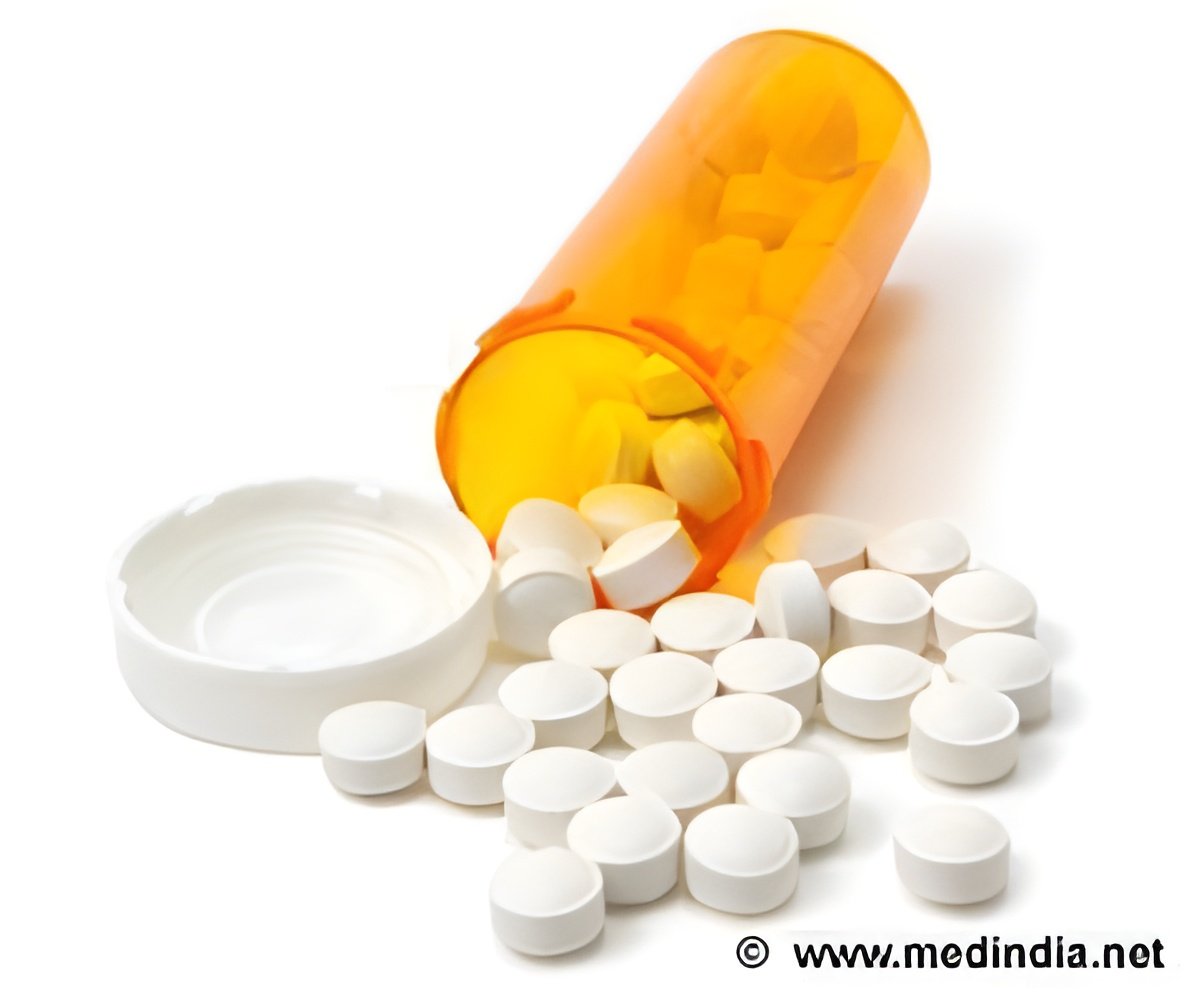
‘Taking one oxycodone tablet together with even a modest amount of alcohol increases the risk of respiratory depression.’
Tweet it Now
"Unfortunately, we're seeing more fatalities and people in emergency
rooms after having misused or abused legally prescribed opioids, like
oxycodone, while having consumed alcohol," said Albert Dahan, study author, professor of anesthesiology and head of the
Anesthesia and Pain Research Unit at Leiden University Medical Center,
Leiden, the Netherlands. "We found alcohol exacerbated the already
harmful respiratory effects of opioids."Oxycodone is commonly prescribed to treat chronic pain and can be highly addictive. According to the National Institute on Drug Abuse, more than two million Americans abuse opioids.
Additionally, every day 78 people die from opioid overdoses, according to the Centers for Disease Control and Prevention. A growing number of reports indicate that many of these opioid-related deaths involve other substances, often alcohol.
In the study, researchers examined the effect taking oxycodone in combination with alcohol had on breathing in 12 healthy young volunteers (ages 21 to 28) and 12 elderly volunteers (ages 66 to 77), who had not been chronically taking or who had never taken opioids. On three separate occasions, volunteers were given one 20 mg oxycodone tablet combined with an intravenous infusion of ethanol (alcohol).
To allow researchers to continuously evaluate the safety of participants, the amount of ethanol was increased with each visit - from placebo on the first visit, to concentrations of 0.5 g/L (approx. One drink in women and three drinks in men) during the second visit and 1 g/L (approximately three drinks in women and five drinks in men) during the third visit as measured through the volunteers' breath.
Advertisement
One oxycodone tablet reduced baseline minute ventilation by 28%, while the addition of 1 g/L of ethanol caused minute ventilation to further decrease by another 19% - a total decrease of 47%. The combination of ethanol with oxycodone caused a significant increase in the number of times volunteers experienced a temporary cessation in breathing - ranging from zero to three events with no ethanol versus zero to 11 events at 1 g/L of ethanol (measured by breath).
Advertisement
"We hope to increase awareness regarding the dangers of prescription opioids, the increased danger of the simultaneous use of opioids and alcohol, and that elderly people are at an even greater increased risk of this potentially life-threatening side effect," said Dr. Dahan. "Ultimately, people should know that it is never a good idea to drink alcohol with opioids."
Source-Eurekalert















